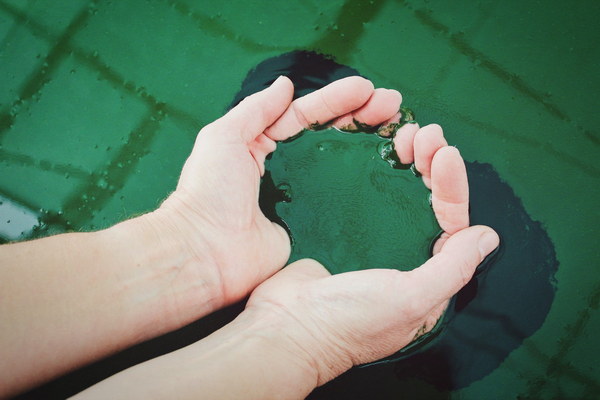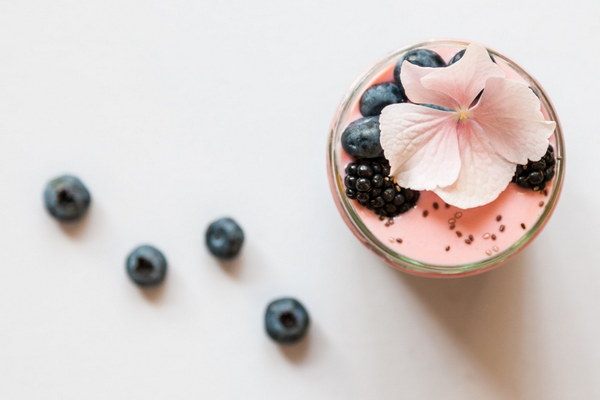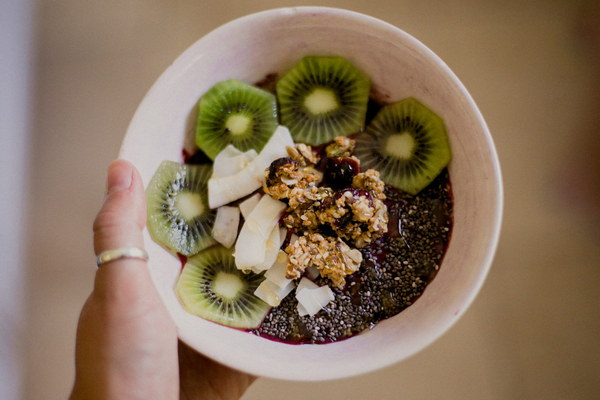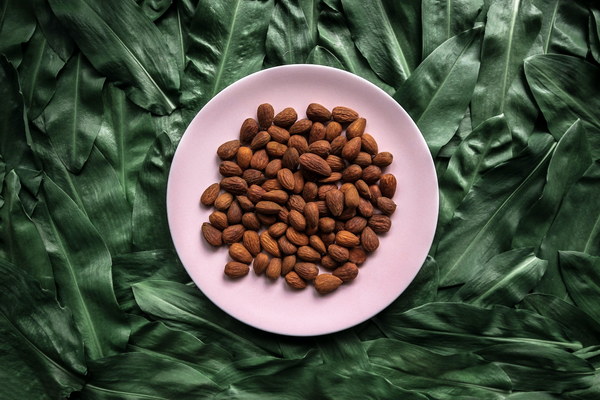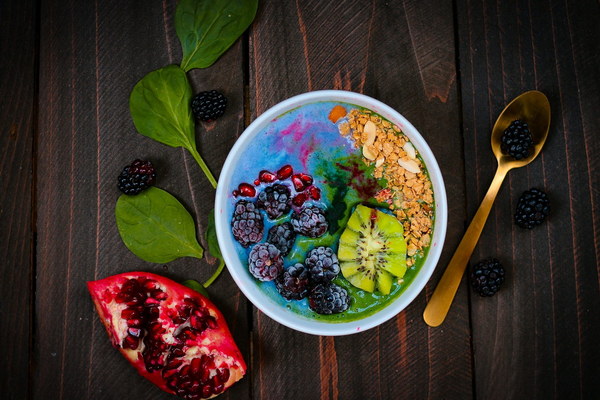Revitalize Your Well-being with a Traditional Chinese Approach Food Therapy for Liver-Relaxing and Heat-Relieving
In the realm of traditional Chinese medicine (TCM), the concept of balancing the body's internal systems is paramount. One such system is the liver, which plays a crucial role in regulating emotions, digestion, and overall health. The liver is susceptible to stress, anger, and an imbalance in the body's temperature, leading to issues such as irritability, poor digestion, and heat-related conditions. To address these issues, TCM offers a natural and effective solution: food therapy for liver-relaxing and heat-relieving. This article explores the principles behind this ancient practice and provides a guide to incorporating liver-relaxing and heat-relieving foods into your diet.

The liver's role in TCM
According to TCM, the liver is responsible for storing blood and regulating the flow of Qi (vital energy) throughout the body. When the liver is in balance, emotions are stable, digestion is efficient, and the body's temperature is regulated. However, when the liver becomes stagnant or overheated, it can lead to various health problems.
Common symptoms of liver imbalance include:
- Irritability and anger
- Poor digestion
- Heat-related conditions such as acne, boils, and headaches
- Insomnia and disturbed sleep patterns
The importance of food therapy
Food therapy is a cornerstone of TCM, and it's no different when it comes to addressing liver-related issues. By incorporating specific foods into your diet, you can help soothe the liver, alleviate heat, and restore balance to your body.
Liver-relaxing foods
To promote liver relaxation, TCM suggests including foods that are sweet, cooling, and nourishing. These foods help to calm the liver and reduce stress. Some examples of liver-relaxing foods include:
1. Green vegetables: Leafy greens like spinach, kale, and Swiss chard are rich in chlorophyll, which helps to purify the blood and reduce inflammation.
2. Sea vegetables: Seaweed, such as wakame and nori, is high in minerals and antioxidants, which support liver function.
3. Almonds: These nuts are a good source of vitamin E and magnesium, which can help to relax the liver and improve digestion.
4. Fruits: Melons, such as honeydew and cantaloupe, are cooling and can help to alleviate heat-related symptoms.
5. Herbs and spices: Licorice root, dandelion root, and turmeric are all known for their liver-cleansing properties.
Heat-relieving foods
To address heat-related conditions, TCM recommends incorporating cooling foods into your diet. These foods help to lower body temperature and reduce inflammation. Some heat-relieving foods to consider include:
1. Cucumber: This hydrating vegetable is known for its cooling properties and can help to alleviate heat-related symptoms.
2. Watermelon: High in water content, watermelon is an excellent choice for staying cool during hot weather.
3. Peppers: Peppers, such as bell peppers and chili peppers, can help to promote sweating and release heat from the body.
4. Berries: Berries like strawberries and raspberries are cooling and rich in antioxidants, which support liver health.
5. Tea: Green tea and white tea are both known for their cooling properties and can help to support liver function.
Incorporating liver-relaxing and heat-relieving foods into your diet
To effectively incorporate these foods into your diet, try the following tips:
1. Add a variety of green vegetables to your meals, such as salads, stir-fries, and smoothies.
2. Snack on nuts and seeds, or sprinkle them on your favorite dishes.
3. Include fruits in your diet as a dessert or a healthy snack option.
4. Prepare meals with cooling ingredients like cucumber, watermelon, and peppers.
5. Enjoy a cup of green or white tea to help relax the liver and support digestion.
In conclusion, food therapy is a valuable tool for addressing liver-related issues and promoting overall health. By incorporating liver-relaxing and heat-relieving foods into your diet, you can help soothe the liver, alleviate heat, and restore balance to your body. Remember, it's always best to consult with a TCM practitioner or healthcare provider before making significant changes to your diet or treatment plan.
